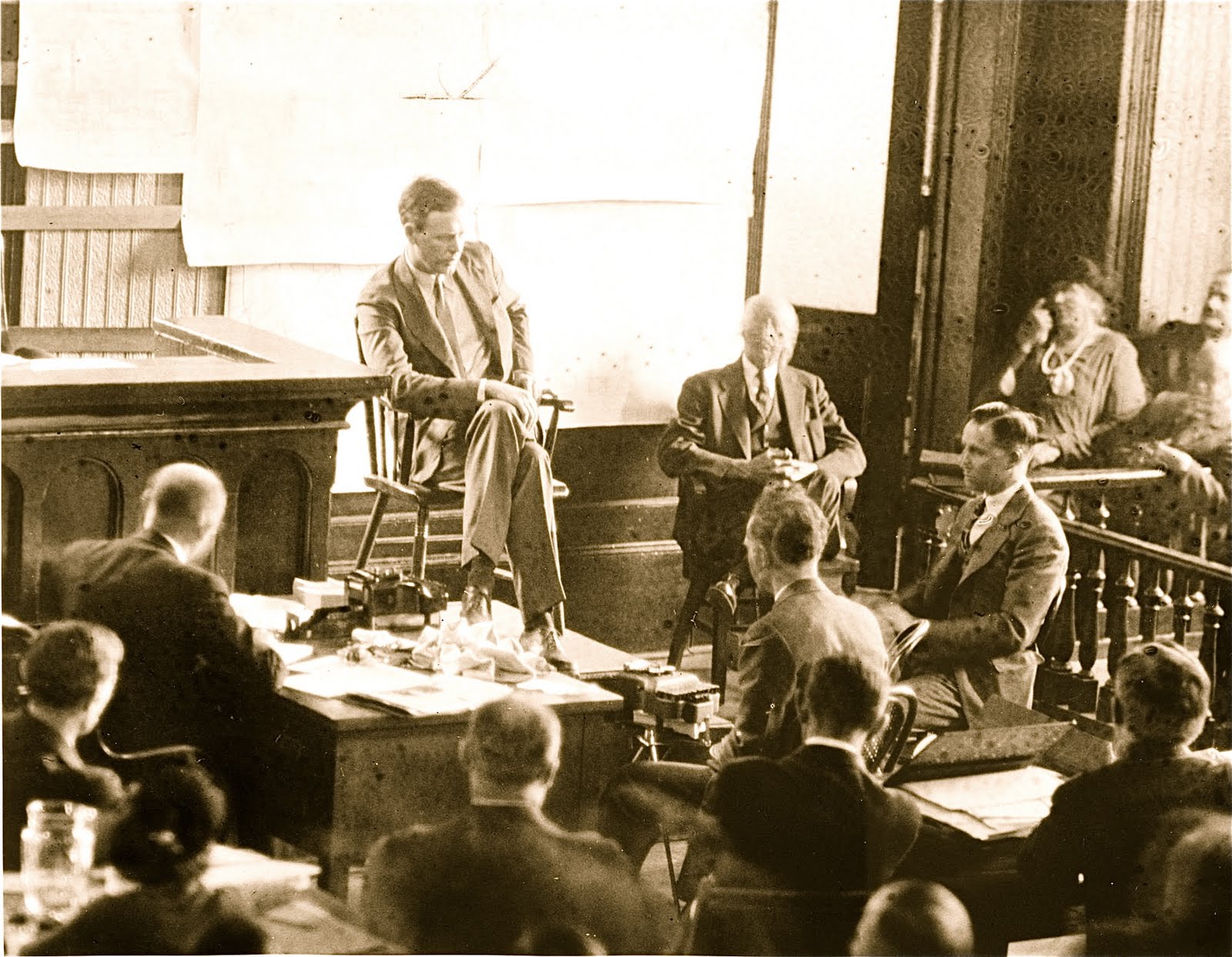For many women, postpartum depression is a reality of having a baby. Though it is normal to be exhausted, emotional, and worried after having a baby, as it is a life-changing event, if the anxiety and depression last for more than a couple of weeks, the emotions you are feeling could be postpartum depression.
Though any woman could have postpartum, those who have a history of depression or anxiety are at a higher risk for postpartum. If you are concerned you have postpartum, speaking with a professional is a wise idea, as they can offer you an accurate analysis, helping you decide what the next step should be, whether that be therapy or taking a medication like ketamine, which can help relieve severe depression.
Here are a few things you can do now to help ease your anxiety and depression:
Trust Yourself
You know your body, thus if you feel like something is wrong, do not ignore that feeling. Many new moms are so focused on their new motherly duties that they put aside their feelings; however, it is important to address anything you may feel is not right. You are not alone in your feelings, and telling someone about what is going on can help you find the support you need.
Let it Out
Because of how your hormones act during the final weeks of your pregnancy, it can take a while for them to return to normal. While many feel as if crying is a weakness, it is in fact one of the best ways to help your hormones return to normal. It is a natural way your body secretes hormones, thus letting it out and having a good cry is nothing to be ashamed of, as it is actually beneficial to your body.
Do What Feels Right When Breastfeeding
There is a lot of pressure on women to breastfeed; however, not every woman can breastfeed or wants to breastfeed, and that is all right. Breastfeeding can be extremely painful and difficult for some women, and can actually facilitate postpartum depression. Because of the pressure on women to breastfeed, those who cannot can begin to feel anxious or depressed, as they often feel like they cannot provide their baby with what it needs. The first step is to recognize that it is okay to not breastfeed, and your inability to breastfeed or lack of desire to breastfeed does not reflect on your ability to be a great mother. Do what is right for you and your baby.
Sleep
While sleep can be infrequent during the first few weeks of having a baby, it truly is important to your health to get enough sleep. A great way to ensure you get some sleep is to trade off shifts with your partner, or have a family member or friend come watch the baby for a couple of hours so you can get a few hours of rest.
Support System
Being a mom is hard, especially if you are a first-time mom. Joining a moms club or support group can help you stay encouraged during the hard times. While it can feel like you are the only mom having a rough go at it, every mom has difficulties. Surrounding yourself with those who understand what you are going through can help you remain positive and encouraged.
Additionally, one of the greatest support systems you have is your partner. They are a built-in support system and can offer you the love and encouragement you need.
Nutrition
With all of the changes in your routine, it is difficult to keep a well-balanced diet. Grabbing take-out or snacking throughout the day is easy when dealing with a newborn. But, a poor diet can actually have an effect on your emotions and mood swings. Eating a balanced diet can help keep you energized and more positive.
Exercise
When physically able, exercise can help boost your endorphins, helping to ease your anxiety or depression. While it can be difficult to get motivated to exercise after having a baby, it truly can help you feel better and more like yourself.
If you are experiencing postpartum depression, it is important to recognize that you are not alone in your feelings, and that there are ways to treat it.

